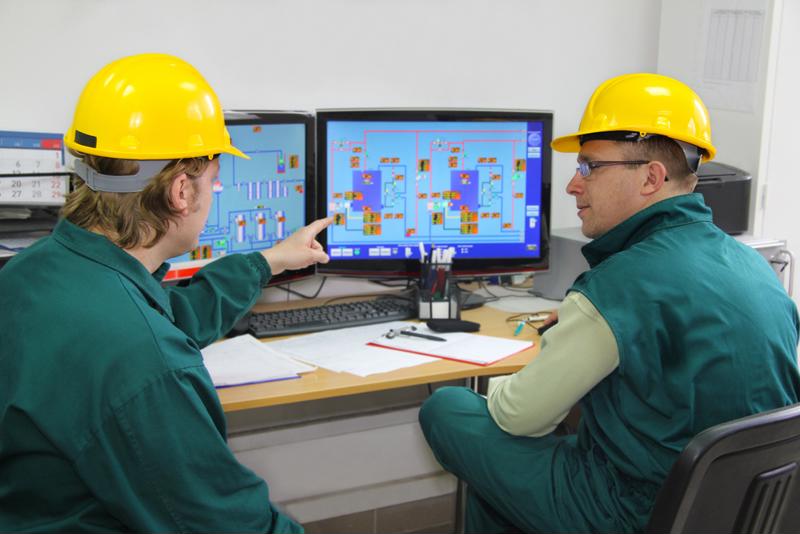
From idea generation to market launch: Using AI to improve product development
By Perle SystemsMay 17, 2023
An MIT Technology Review Insights survey reveals that manufacturing is among the biggest artificial intelligence (AI) adopters across major sectors. This is a revolutionary development for a sector heavily responsible for creating new and vital products.
Don't be surprised if the next product you use is either partially or completely made with AI's help. This tool is making a good name for itself, and there's no telling what it can do; its potential is all but endless.
So how does AI transform an idea into a product on the market? Let's take a look.
Product idea and research
AI is capable of looking into different databases and providing information much faster (and sometimes more accurately) than humans would. In this case, AI aids in evaluating data from sources such as industry trends, customer feedback and social media to find prospective product ideas and market demand. This is important because identifying a market need and developing a product idea are often the first steps to bringing a product to market.
Market analysis and validation
After generating a product idea, the next stage is to validate its market potential. AI's role here is to conduct market research and analysis: consumer segmentation, competitive analysis and pricing optimization.
Business planning and funding
An excellent plan will yield great results, and what better way to make a plan than with a tool that does great research and is highly intelligent? AI, of course — it works to provide financial projections and assessments, as well as risk assessment and mitigation, to assist firms in developing a business plan and securing financing to bring a product to market.
Design and development
AI is useful in the improvement of the design process, allowing for faster prototyping and iteration. AI algorithms may also examine user feedback and usage data to suggest potential design enhancements and areas for improvement.

Manufacturing and production
AI does not have hands — at least, not outside the robotics field, which often uses simpler AI algorithms. But what sophisticated AI can do at this stage is optimize supply chain operations and logistics, increasing the speed and efficiency of industrial processes. This can result in a shorter time to market and lower production costs.
Marketing and advertising
According to Influencer Marketing Hub, 61.4% of marketers have incorporated AI into their marketing efforts. This is due to AI's capacity to study customer behavior and preferences to discover the most successful marketing channels and messaging. It can also optimize pricing and promotional techniques to increase sales and revenue.
Sales and distribution
After marketing, a product must be sold and disseminated to customers. To ensure effective and timely delivery, AI enhances sales and distribution processes such as inventory management and order fulfillment.
Post-launch analysis and optimization
A good product can almost always get better. Because this step is one of the most important in ensuring products are properly developed and safe to use, it helps that AI can offer valuable insights and feedback, helping businesses identify areas for improvement and future innovation.
Transform your ideas into reality with Perle
You can trust Perle Systems with your organization's future. We have a variety of advanced tech products for several industries. So if you are ready to achieve your business goals, contact us today.



